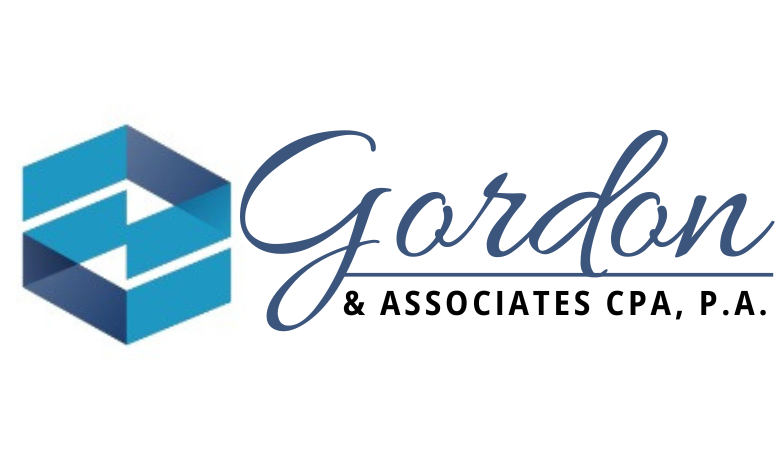The Basics of Cash Flow Management:
Tips for Small Businesses

Cash flow is the lifeblood of any business, yet it’s one of the most overlooked aspects of financial management. Even profitable businesses can struggle if cash isn’t flowing smoothly. This guide explores the basics of cash flow management and provides actionable tips to keep your small business on a solid financial foundation.
What is Cash Flow?
Cash flow refers to the movement of money in and out of your business. It’s typically divided into two categories:
- Positive Cash Flow: When incoming cash (sales, accounts receivable) exceeds outgoing cash (expenses, payroll).
- Negative Cash Flow: When outgoing cash exceeds incoming cash.
Understanding your cash flow helps you maintain liquidity and avoid financial bottlenecks.
Why Cash Flow Management Matters
Poor cash flow management can lead to:
- Inability to pay bills or employees
- Missed growth opportunities
- Increased reliance on debt
By managing cash flow effectively, you can ensure your business stays operational and poised for growth.
5 Tips for Managing Cash Flow
1. Monitor Cash Flow Regularly
Keep a close eye on your cash flow by creating a cash flow statement. This statement tracks all inflows and outflows, giving you a clear picture of your financial health.
Tip: Use accounting software to automate cash flow tracking and generate real-time reports.
2. Speed Up Accounts Receivable
The faster you collect payments, the healthier your cash flow. Encourage customers to pay promptly by offering incentives like discounts for early payments.
Strategies:
- Send invoices immediately after delivering goods or services.
- Use online payment systems to make transactions convenient.
- Follow up on overdue payments with reminders or phone calls.
3. Manage Accounts Payable Strategically
While you want to collect payments quickly, it’s also important to manage outgoing payments effectively. Take full advantage of payment terms to keep cash in your business longer.
Strategies:
- Negotiate longer payment terms with suppliers.
- Prioritize bills based on their due dates and importance.
- Avoid late fees by paying critical bills on time.
4. Maintain a Cash Reserve
Unexpected expenses or slow months can disrupt cash flow. Having a cash reserve can help you cover emergencies without relying on debt.
Tip: Aim to save at least three to six months of operating expenses in a separate business savings account.
5. Cut Unnecessary Expenses
Review your business expenses regularly and identify areas where you can cut costs without compromising operations.
Examples:
- Switch to more affordable suppliers.
- Reduce energy consumption in the office.
- Cancel unused subscriptions or software.
Effective cash flow management is essential for sustaining and growing your small business. By monitoring cash flow, speeding up receivables, and maintaining a cash reserve, you can build a financially resilient business. Need help setting up a cash flow management system? Contact us today for expert guidance!
Subscribe to our newsletter to receive our latest blog directly to your inbox.
- Preparing for Tax Filing When Your Records Aren’t Perfect
 Tax Readiness in a Nutshell Many business owners enter tax season knowing their records are “not perfect.” While perfection is not the standard, accuracy, substantiation, and consistency are. Filing based on incomplete or unclear information can lead to misstatements, amended returns, penalties, or unnecessary follow-up with taxing authorities. Why Imperfect Records Matter for Compliance Incomplete… Read more: Preparing for Tax Filing When Your Records Aren’t Perfect
Tax Readiness in a Nutshell Many business owners enter tax season knowing their records are “not perfect.” While perfection is not the standard, accuracy, substantiation, and consistency are. Filing based on incomplete or unclear information can lead to misstatements, amended returns, penalties, or unnecessary follow-up with taxing authorities. Why Imperfect Records Matter for Compliance Incomplete… Read more: Preparing for Tax Filing When Your Records Aren’t Perfect - Post–Year-End Cleanup: Financial Tasks You Should Not Skip
 Once the year ends, many business owners want to move on quickly. However, skipping post–year-end cleanup can create problems months later. A short cleanup now prevents long-term headaches. Why Post–Year-End Cleanup Matters Proper cleanup: Essential Cleanup Tasks 1. Reconcile All Accounts Ensure bank accounts, credit cards, and loans are fully reconciled. 2. Review Uncategorized Transactions… Read more: Post–Year-End Cleanup: Financial Tasks You Should Not Skip
Once the year ends, many business owners want to move on quickly. However, skipping post–year-end cleanup can create problems months later. A short cleanup now prevents long-term headaches. Why Post–Year-End Cleanup Matters Proper cleanup: Essential Cleanup Tasks 1. Reconcile All Accounts Ensure bank accounts, credit cards, and loans are fully reconciled. 2. Review Uncategorized Transactions… Read more: Post–Year-End Cleanup: Financial Tasks You Should Not Skip - How to Turn Last Year’s Financials Into a Smarter Strategy
 Financial statements aren’t just historical records—they’re strategic tools. When reviewed correctly, last year’s financials can guide smarter decisions for the year ahead. Too often, businesses file reports away without using them. Why Last Year’s Numbers Matter Your financials reveal: Ignoring them means repeating the same mistakes. How to Use Financials Strategically 1. Identify Trends Look… Read more: How to Turn Last Year’s Financials Into a Smarter Strategy
Financial statements aren’t just historical records—they’re strategic tools. When reviewed correctly, last year’s financials can guide smarter decisions for the year ahead. Too often, businesses file reports away without using them. Why Last Year’s Numbers Matter Your financials reveal: Ignoring them means repeating the same mistakes. How to Use Financials Strategically 1. Identify Trends Look… Read more: How to Turn Last Year’s Financials Into a Smarter Strategy

